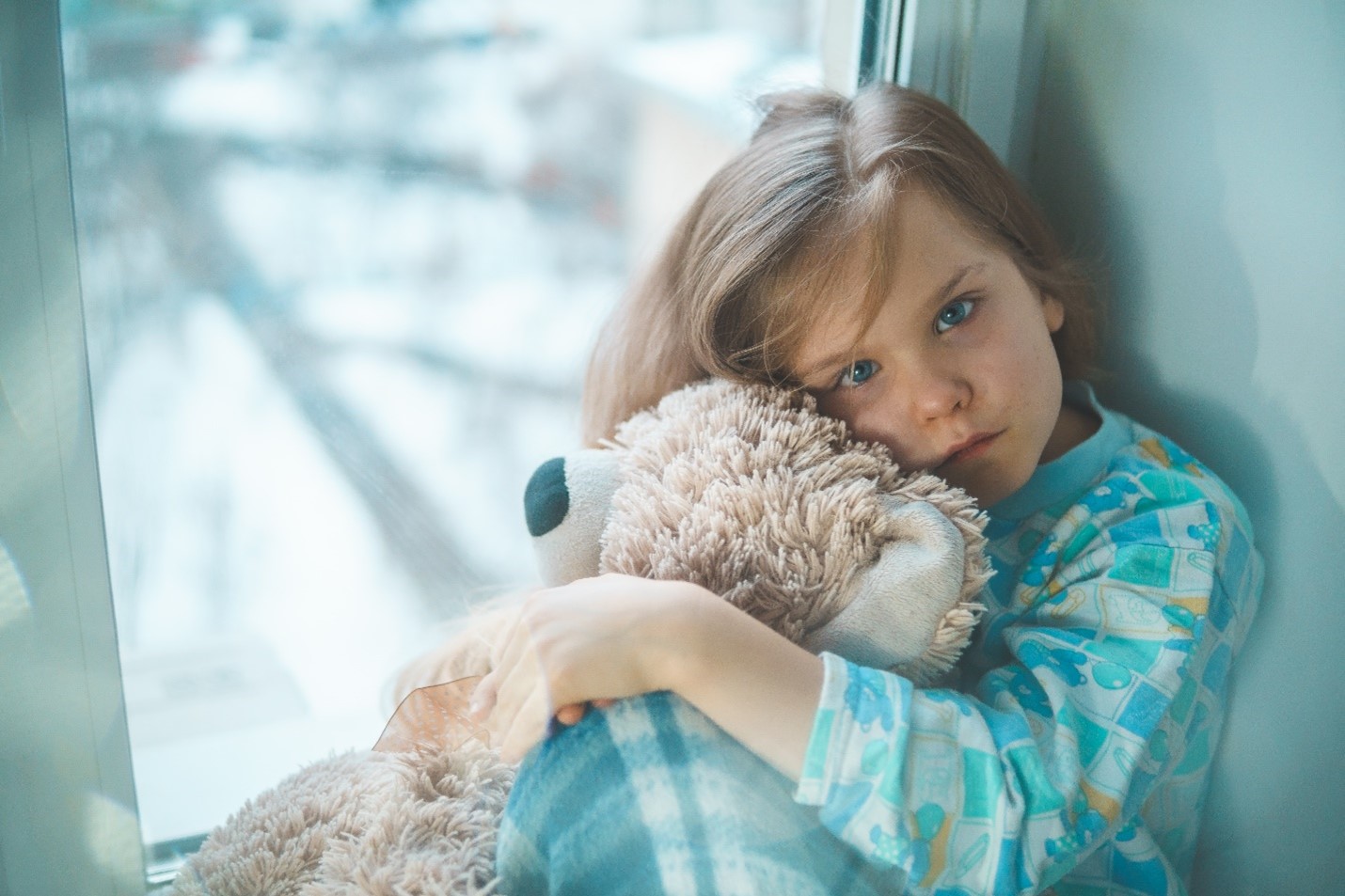Separation and divorce are full of different emotions and stressors. It can be filled with anger, frustration, sadness and grief. It can come with relief, especially if there was a lot of conflict near the end of the marriage before you separated. But along with that relief can come guilt and this can be something that kids deal with as their parents get divorced.
The simple fact is that separation and divorce is hard on everyone, and it can be extremely difficult for kids, which can affect their mental health, their schooling and their behaviour. However, while it will never be easy, there are ways for parents to help their children cope with separation or divorce.
Strategy Number One: Reassure Your Children
The very first strategy that you and your ex-partner should implement is reassurance. Kids need to be reassured. Separation and divorce is filled with a lot of change and, often, even parents don’t have things completely figured out when they first get separated. If you don’t know all the details, be honest with them as is age appropriate. Let them know that you are still making decisions but once you have made the decision, you will let them know right away.
However, for most kids, the reassurance isn’t about where they will be putting their stuffed animals, the reassurance they need is all about the relationships. So spend the time reassuring them that they are loved and that nothing will change how you or your ex-partner feel about them.
Reassure them that you both will still be as involved with them as you were together and that you want them to be happy. During this time, you may have to show that reassurance at inopportune times but try to follow through and be there whenever your kids need you in those moments so that they know that they can rely on you when they aren’t feeling as confident about life.
Strategy Number Two: Adopt that there are No Silly Questions
This should start at the beginning as well but let your kids know that there are no silly questions. During a divorce, it can be scary for kids, regardless of their age. For some kids, wanting to know what house their stuffed dinosaur will stay at is as important as knowing where they will be staying—and often it is the same question, just worded differently.
Kids need feel that it is safe to ask any question they have. Those questions help them process the separation and divorce and it helps them reduce the fear and stress they may be feeling.
Strategy Number Three: Encourage Open Communication
While communication between you and your ex-partner may be strained, and even non-existent, as you maneuver through divorce, it is important to let the kids communicate with their other parent. So in this matter, make sure that you encourage open communication. Tell the kids that they can call the other parent whenever they need to…or let them call you whenever they need to.
When kids have open communication, it helps put their stress at ease and can make the transition to two homes much easier. For instance, if your ex-partner always came in to say goodnight when you were together, them being allowed to phone their mom or dad at bedtime can help adjust to that parent not being there.
Having open communication for the kids help them stay connected with both of their parents and can encourage continued bonding with their parents. Both of these have been proven to help kids cope with separation and divorce better.
Strategy Number Four: Let Your Kids Be Kids
This is such an important strategy that often gets overlooked when dealing with the heartache and egos involved in divorce. Parents can be angry. Parents can be hurt. And it is these emotions that can end up with parents talking to their kids about their ex-partner as either a confidant or as a sounding board for their frustration.
And this is not something a kid should be. Parents need to keep their frustration to themselves and also find other adults to confide in about their emotions. Kids need their parents to be healthy and someone there for them, not the other way around.
Another way that you need to help your kids be kids is to never expect them to play the messenger in the divorce. If you need to let your ex-partner know something, call them, text, or send an email. Use a mediation app like 2houses.
When your kids are just kids, they can focus on that. It helps reduce their stress, guilt and allows them to cope and transition through the separation and divorce much easier than if they were suddenly thrust into adultlike roles.
Strategy Number Five: Keep Routines Normal
This is not always an easy strategy to implement because life changes a lot when you go from one house to two but it is important to try. Discuss routines with your ex-partner and decide on which routines are possible for you both to do at each home. Once you decide on them, stick to those arrangements. No matter what is happening, keep that routine consistent between houses.
When kids have familiar routines, they are happier and feel more secure. This is particularly important when they are going through the upheaval that divorce causes. The closer to normal life is for the kids, the better they can cope with divorce.
In the end, with the proper strategies, your child can cope with separation or divorce. And, when they are coping with it, they will be happier, do better in school and build confidence in knowing that while their family may have changed, they still have a support system that loves them. And when you have that, moving from one house to two houses is an easier transition.

